Artificial Intelligence: The USPTO Seeks Comments on Inventorship
May 3, 2023
- AI generated inventions may pose inventorship issues.
- The Federal Circuit in Thaler v. Vidal held that an inventor must be a natural person.
In June 2022, the United States Patent and Trademark Office (USPTO) formed the Artificial Intelligence/Emerging Technologies (AI/ET) partnership, which seeks to bring together stakeholders to address policy issues on the intersection of intellectual property and AI/ET. To this end, on February 14, 2023, the USPTO published a Federal Register Notice titled “Request for Comments Regarding Artificial Intelligence and Inventorship.” The Notice requests stakeholder input on the current state of AI technologies and inventorship issues that may arise in view of the advancement of such technologies, especially as AI plays a greater role in innovation in all sectors.
Subsequently, on April 25, 2023, the USPTO held an East Coast in-person and virtual listening session for stakeholders to provide input on the current state of AI technologies and inventorship issues, particularly addressing the questions posed by the USPTO in the Notice. In general, during the listening session, stakeholders shared how artificial intelligence is used in their technologies, from software to pharmaceuticals. Stakeholders addressed their interpretation of the meaning of “inventor,” “joint inventor,” and “conception” under U.S. patent law and the impact of this interpretation on inventorship for AI generated inventions. Additionally, stakeholders expressed their views on whether the USPTO should require patent applicants to provide an explanation of contributions AI systems made to claimed inventions. Further, stakeholders commented on whether there should be statutory changes to U.S. inventorship law in view of inventions made with AI technologies.
Lastly, as discussed in the listening session, the only case to date addressing artificial intelligence and inventorship is Thaler v. Vidal, 43, F.4th 1207 (Fed. Cir. 2022) in which the Federal Circuit held that an inventor under 35 U.S.C.§100(f) must be a natural person. The Federal Circuit, however, explained that it was not confronted with “the question of whether inventions made by human beings with the assistance of AI are eligible for patent protection.” Id. at 1213. On April 24, 2023, the U.S. Supreme Court denied certiorari in Thaler v. Vidal.
The Federal Register Notice, vol. 88, no. 30, February 14, 2023, can be found here. Information on the USPTO’s Artificial Intelligence/Emerging Technologies (AI/ET) partnership can be found here. The USPTO West Coast Artificial Inventorship Listening Session will take place on May 8, 2023, virtually and in person at Stanford University in Stanford, California.




